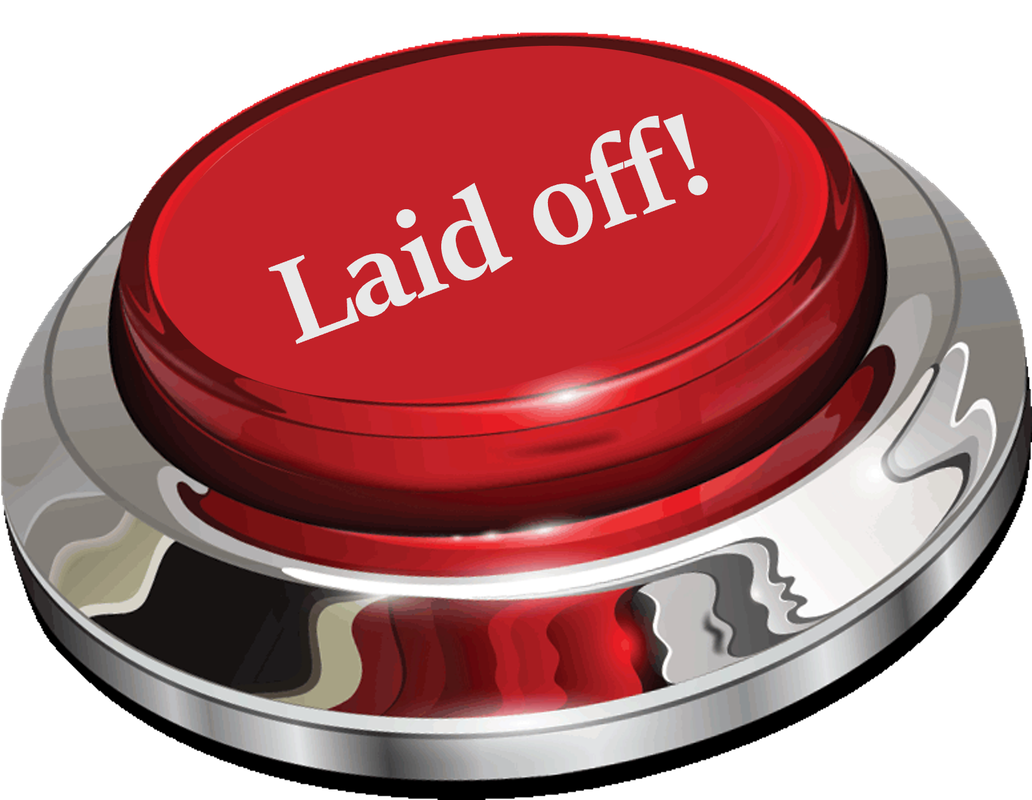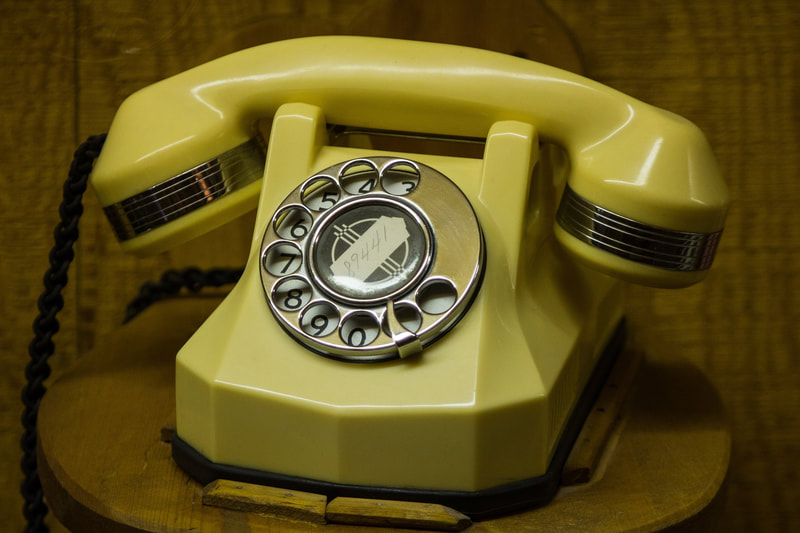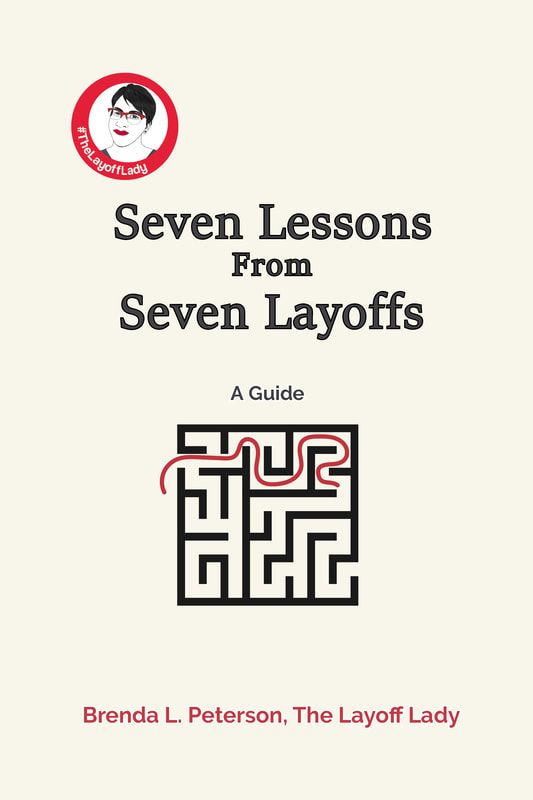Hooray! You Have an Interview!After goodness knows how many applications, FINALLY, you have heard back from a company who wants to talk with you! There is hope after all! Welcome to what is often step one of the interview process: the phone screen. Remember, each company may handle their interview process just a little differently. Regardless, some version of a phone screen is the starting point. A phone screen can be anywhere from the basic 30-minute voice-only call where they make sure you can speak coherently and understand what you applied for all the way up to a full-blown deep dive into your resume. Typically, you'll be speaking with a recruiter, not the hiring manager, at this point in the process. In this article, we'll talk about the more basic initial phone screen, how to prepare, and typical questions asked. ...And So It Begins: Message From a RecruiterIn many cases, a recruiter will reach out to you directly to schedule a phone screen through email. Many companies are using a scheduling program (like Calendly) so you can select a time that works for you. If this is the case, I would suggest taking a slot as soon as you can get in and comfortably complete the interview. For me, that would be the next day if possible. In other cases, you may receive a phone call from a recruiter that invites a callback. In these cases, they may be asking to schedule a phone interview with you, or they may just launch right into the phone screen while they have you on a call. Personally, I'll usually do my interview preparation before making that initial phone call back to the recruiter just in case they want to do it right then and there. Interview Prep: QuestionsDon't let the supposed informality of a phone call fool you. This is for reals an interview. You need to be ready to make a good impression and answer key questions. Here are the phone screen interview questions that you for sure need to be prepared to answer. Keep these in mind as you research the role, the company, and your interviewer. (We'll talk more about answering these questions well in a bit.) Here are the most common questions I have experienced on a phone screen:
Interview Prep: The RoleGiven that you may have applied for many, many jobs since the one for which you are interviewing, it's important to refamiliarize yourself with this role. Make sure that when you speak to your interviewer, you are positioning yourself as a strong candidate who is able to do (and wants to do) this specific job.
Interview Prep: The Company and Your InterviewerNow that you remember what the role is about, take time to learn more about the company. Remember, you're learning information to help you present yourself well, answer questions about the company and what they do, and even know about current initiatives and news about the organization.
Interview Prep: Your AnswersNow, back to those questions and strategies for answering each one. Is this still a good time for us to talk? Ideally, the answer is yes. This is a courtesy question recruiters often ask. Tell me about yourself. This is your opportunity to tell the recruiter a quick summary of your professional history and the unique knowledge, skills, and attitudes you bring to this role.
Why are you looking for a new job? Companies are interested in why you want to make a change. They may also be leery if they perceive that you have made many changes within a short time. They may be wondering if how they are promoting the position is working. They may just want to see if you trash your previous/current employer or are respectful. Again, be truthful, stay positive, and keep it short.
Why are you interested in this role? Companies often want to make sure you actually want the available position, not just any old job. Speaking about why you want to work in this particular role is a way to show you are being intentional about your next career move. This question also allows you to talk about who you are, what you know about the role, and the skills you bring.
What do you know about our company? Each company has its own personality. This question shows that you, as a job candidate, are a good fit for the organization and that you've taken the time to learn a little more.
What is your desired salary? While having salary ranges in job descriptions is becoming more common, it is not included in all job descriptions. Often, this question comes up very early in the process. You need to have a sense of your desired range and what is a typical range for the type of role for which you are interviewing.
What questions do you have for me? This is your opportunity to ask questions. Given that you have a job description and not much else about this role at this point, take time to think about questions to ask. There are also countless lists online of possible questions to ask. Google them and see which ones seem right for you. Remember, too, that some of these questions might be more appropriate for the hiring manager than the recruiter. (If you continue in the hiring process, you'll meet with the hiring manager soon.)
Learn More
0 Comments
Your comment will be posted after it is approved.
Leave a Reply. |

Just get laid off?
Click here for info on what to do first. Author7-time layoff survivor Brenda L. Peterson, The Layoff Lady, waxes poetic on layoffs, job transitions, & career resilience. Buy The Book!Were you recently laid off from your job and need a roadmap for what's next? Pick up a copy of my book, Seven Lessons From Seven Layoffs: A Guide!
Categories
All
Archives
July 2024
|




